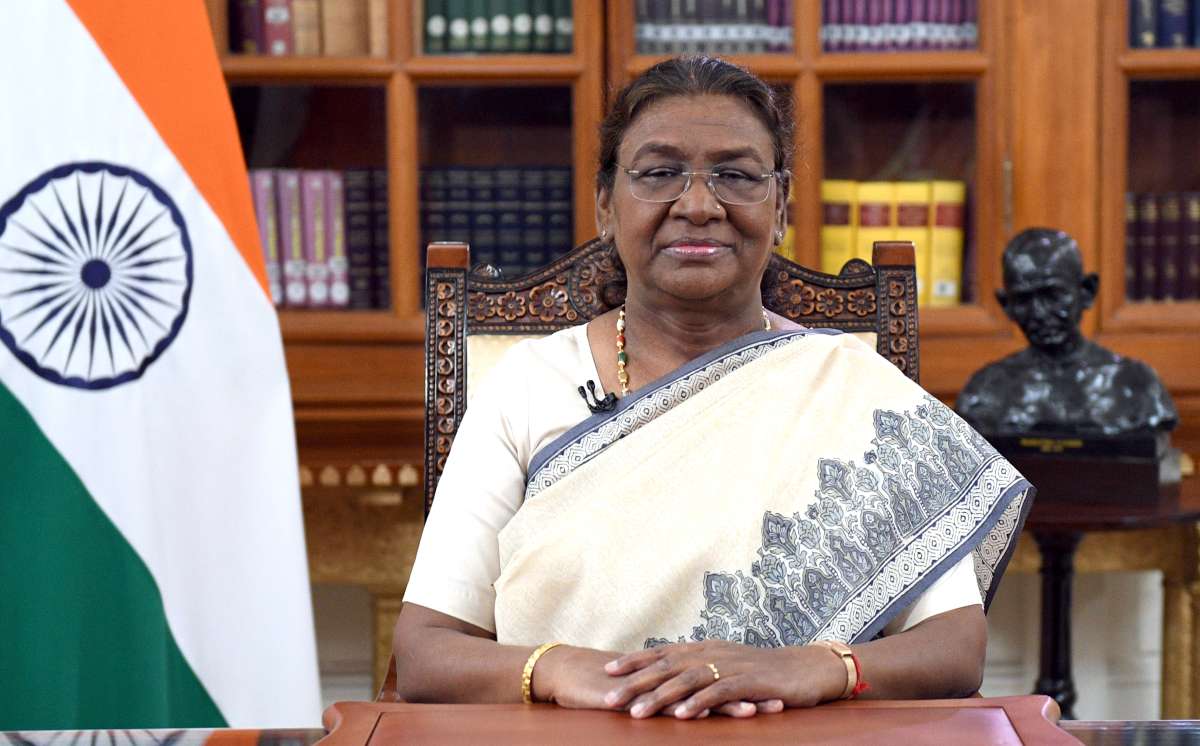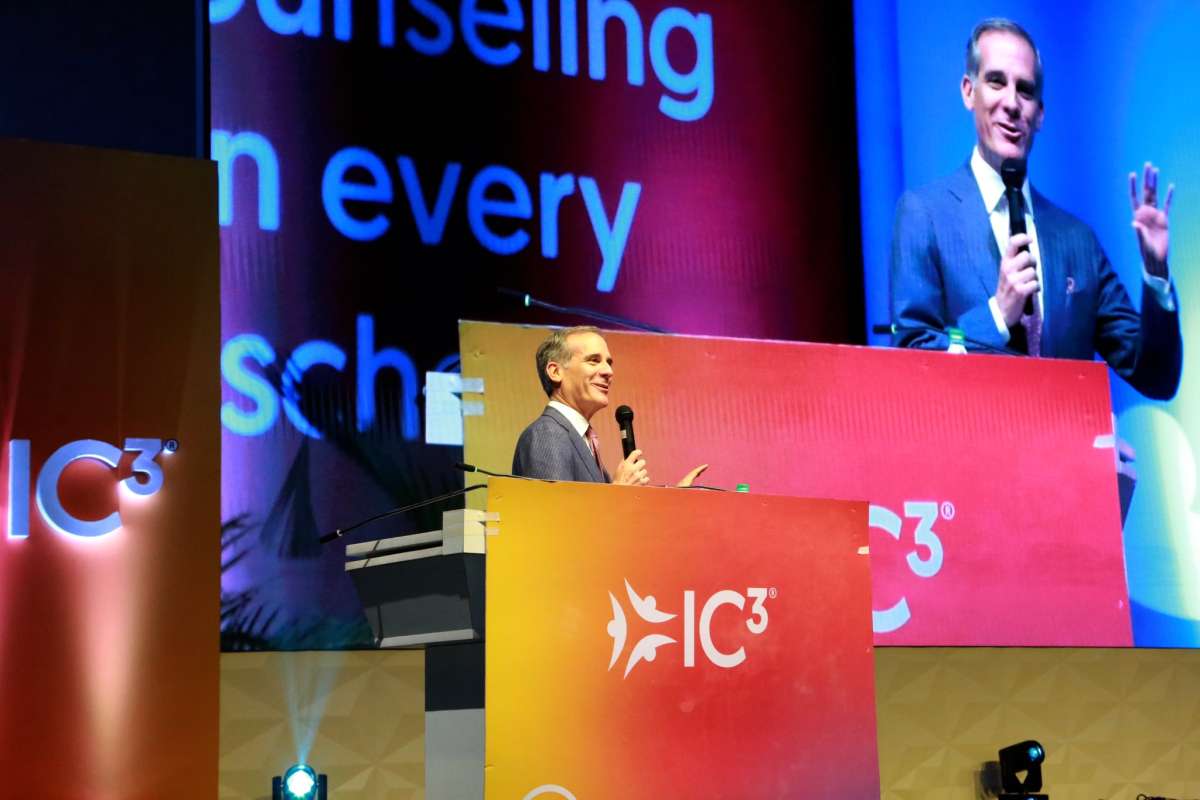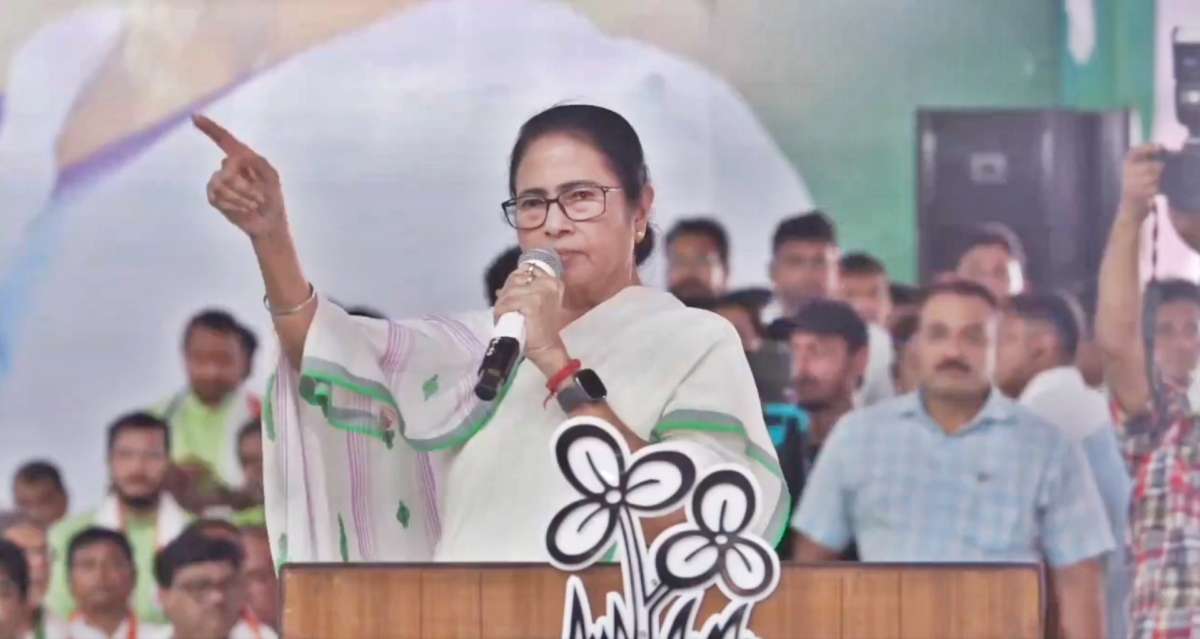The recent spate of crimes against women should force honest self introspection to uncover the roots of the malaise, writes Droupadi Murmu
The gruesome incident of rape and murder of a doctor in Kolkata has left the nation shocked. I was dismayed and horrified when I came to hear of it. What is more depressing is the fact that it was not the only incident of its kind; it is part of a series of crimes against women. Even as students, doctors and citizens were protesting in Kolkata, criminals remained on the prowl elsewhere. The victims include even kindergarten girls. No civilised society can allow daughters and sisters to be subjected to such atrocities. The nation is bound to be outraged, and so am I.
On the occasion of Women’s Day last year, I had shared my thoughts and hopes about women’s empowerment in the form of a newspaper article. I remain an optimist, thanks to our past achievements in empowering women. I consider myself as an example of that spectacular journey of women empowerment in India. But I myself feel deeply anguished when I hear about brutality against women in any part of the country.
More recently, I was in a unique predicament when some schoolchildren who had come to celebrate Rakhi at the Rashtrapati Bhavan asked me innocently if they could be assured that there would be no recurrence of the Nirbhaya type incident in future. I told them that though the State is committed to protect every citizen, training in self-defence and martial arts is essential for all, particularly girls, to make them stronger. But that’s not a guarantee for their security as women’s vulnerability is influenced by many factors.
Obviously, the full answer to that question can come only from our society.
For that to happen, what is needed first of all is honest, unbiased self-introspection. The time has come when we as a society need to ask ourselves some difficult questions. Where have we erred? And what can we do to remove the errors? Without finding out the answer to that question, the half of our population cannot live as freely as the other half.
“To answer it, let me explain it right at the beginning. Our Constitution granted equality to all, including women, when it was only an ideal in many parts of the world. The State then created institutions to establish this equality, wherever needed, and promoted it with a series of schemes and initiatives. Civil society came forward and supplemented the State’s outreach in this regard. Visionary leaders in all spheres of society pushed for gender equality.
Finally, there were exceptional, feisty women who made it possible for their less fortunate sisters to benefit from this social revolution. That has been the saga of women’s empowerment.
Yet, this journey has not been without its obstacles. Women have had to fight for every inch of ground they have won. Social prejudices as well as some customs and practices have always opposed the expansion of women’s rights. This is a rather deplorable mindset. I won’t call it a male mindset, because it has little to do with the gender of the person: there are many, many men who don’t have it. This mindset sees the female as a lesser human being, less powerful, less capable, less intelligent. Those who share such views then go further and see the female as an object.
It is this objectification of women by a few that is behind the crimes against women. It is ingrained deeply in the minds of such people. Let me also note here that, regrettably, this is the case not only in India, but across the world.
Difference between one place and the next is more of a degree than kind.
Countering this mindset is a task for both the State and the society. In India, over the years, the two have fought hard to change the wrong attitude. There have been laws and there have been social campaigns. Yet, there is something that continues to come in the way and to torment us.
In December 2012, we had come face to face with that element when a young woman was gang-raped and murdered. There was shock and rage. We were determined not to let another Nirbhaya meet the same fate. We made plans and devised strategies. These initiatives did make a difference to an extent. Yet, our task remains unfinished as long as any woman feels unsafe in the environment where she lives or works.
In the twelve years since that tragedy in the national capital, there have been countless tragedies of similar nature, though only a few drew nationwide attention. Even these were soon forgotten. Did we learn our lessons? As social protests petered out, these incidents got buried into a deep and inaccessible recess of social memory, to be recalled only when another heinous crime takes place.
This collective amnesia, I am afraid, is as much obnoxious as that mindset I spoke of.
History often hurts. Societies scared to face history resort to collective amnesia to bury their heads in the sand like the proverbial ostrich. Now the time has come not only to face history squarely but also to search within our souls and probe the pathology of crime against women.
I am of the firm belief that we should not let amnesia prevail over the memory of such criminality. Let us deal with this perversion in a comprehensive manner so as to curb it right at the beginning. We can do this only if we honour the memory of the victims by cultivating a social culture of remembering them to remind us of our failures in the past and prepare us to be more vigilant in future.
We owe it to our daughters to remove the hurdles from their path of winning the freedom from fear. Then we can collectively give a firm answer to the innocent query of those children in the next Raksha Bandhan. Let us collectively say enough is enough.
ALSO READ: India Makes First Payment for Sri Lankan Energy Project














